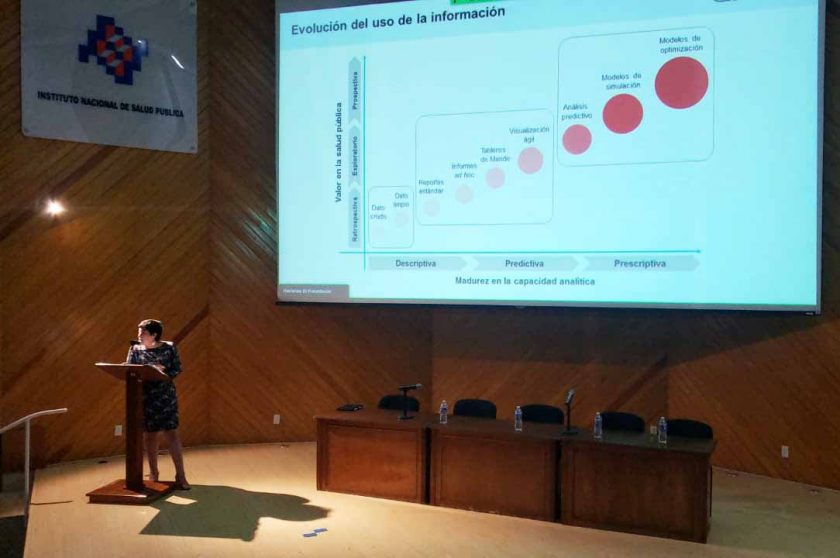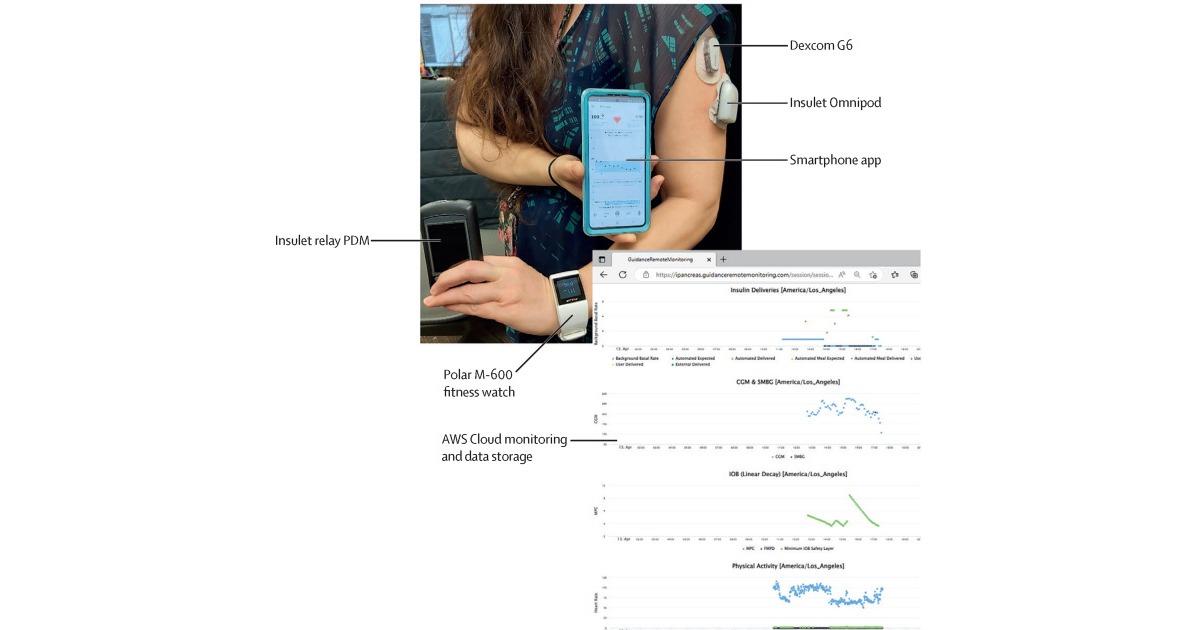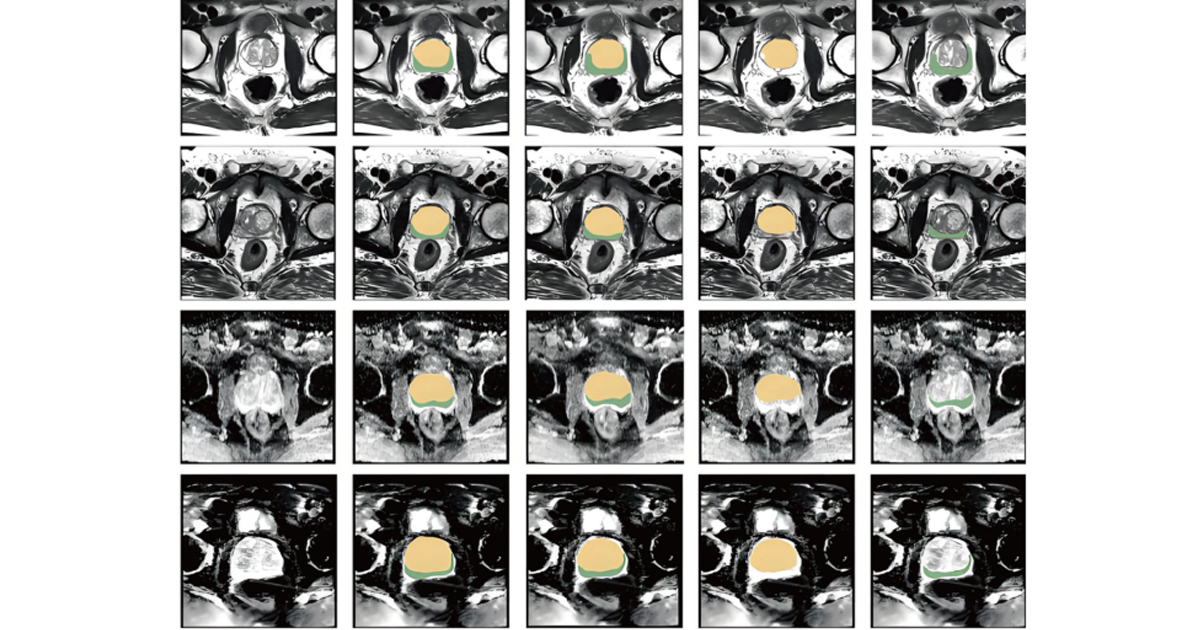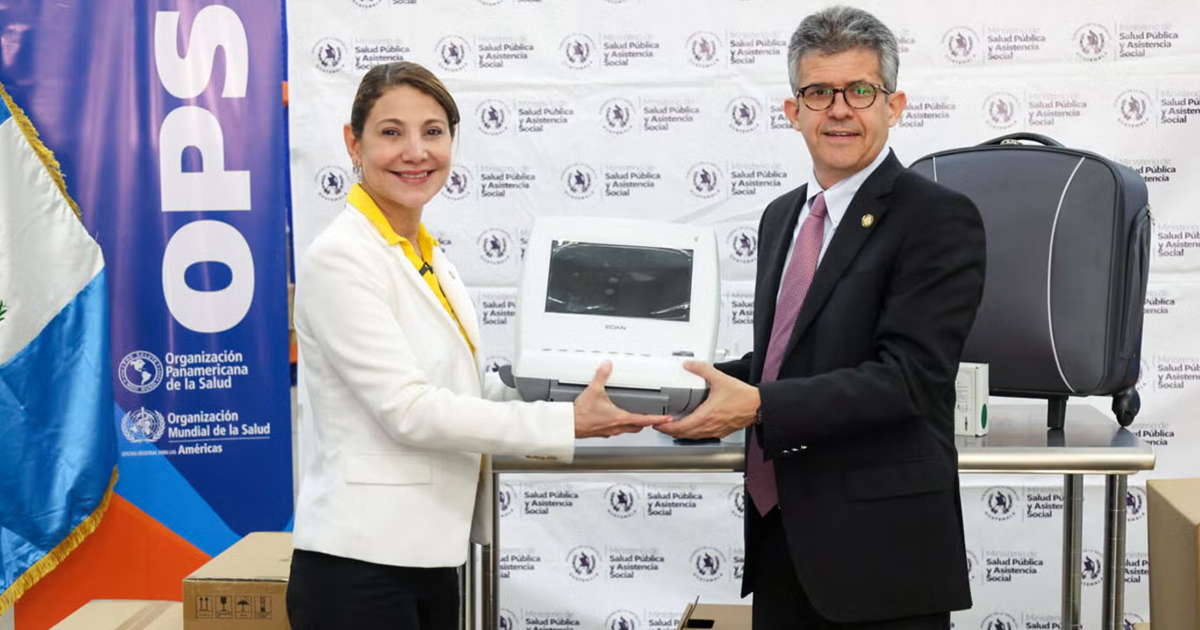En el seminario “Digital Health” se abordó la relevancia de este nuevo paradigma para la transformación de los sistemas de salud centrados en las personas.
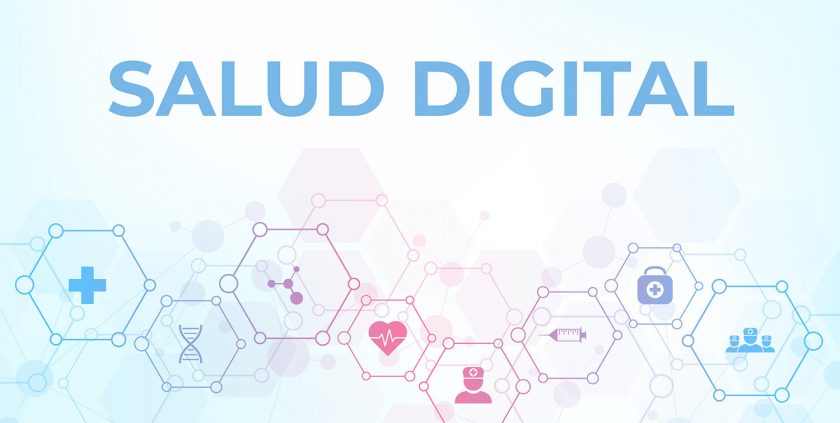
Dr. Roberto Tapia-Conyer, General Director of the Carlos Slim Foundation, mentioned that Digital Health is the convergence of four tendencies enhanced by Artificial Intelligence: Digital Platforms, Cloud Operation, Internet of Things and Connected Communities.
Explicó la visión de la Fundación sobre la importancia de la Digital Health en la definición e implantación de políticas públicas, así como el papel que tiene la investigación en todo este proceso.
“La Digital Health, potenciada por Artificial Intelligence, permite establecer intervenciones de salud pública personalizadas e incrementar la eficiencia de los sistemas de salud”.
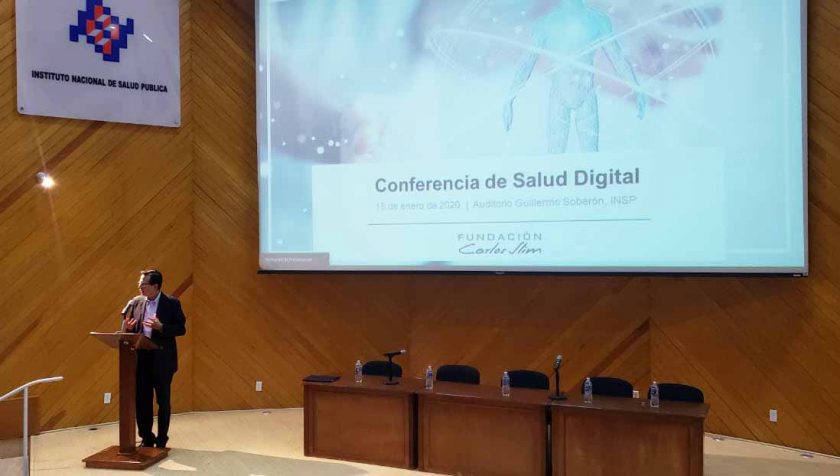
On the other hand, he pointed out that Digital Health catalyzes personalized public health, based on a 6Ps methodology:
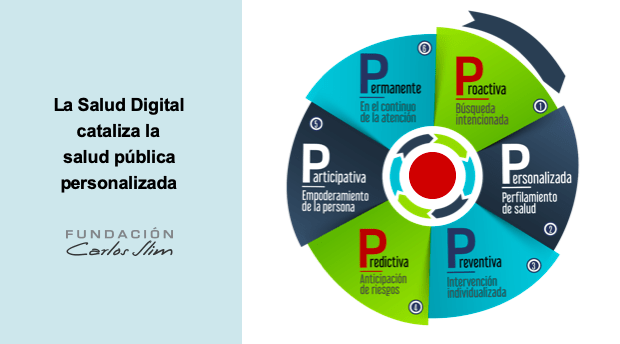
- Proactive, looking for the person wherever they are
- Personalized, a partir de la construcción de un perfil de riesgos
- Preventive, con el diseño de una intervención que evite o retrase la aparición de una enfermedad
- Predictive, utilizando los métodos diagnósticos ‘omics’ y la inteligencia artificial para el diseño de algoritmos que predigan desenlaces en salud
- Participatory, to motivate the active commitment of a person in their health care
- Permanent, a través del continuo de la atención
Durante su participación, el doctor Miguel Betancourt Cravioto, director de Soluciones Globales de la Fundación, explicó cómo la Platform of the Electronic Vaccination Record (CEV) ayuda a mejorar la gestión de los programas de vacunación desde la unidad de salud hasta el nivel nacional, y permite dar seguimiento a los esquemas de vacunación de cada persona.
“Con las herramientas analíticas de la Cartilla Electrónica de Vacunación, es posible medir la cobertura de vacunación y la oportunidad de estas acciones, y además desarrollar modelos predictivos para optimizar las acciones del programa de Vacunación”, señaló el doctor Betancourt.
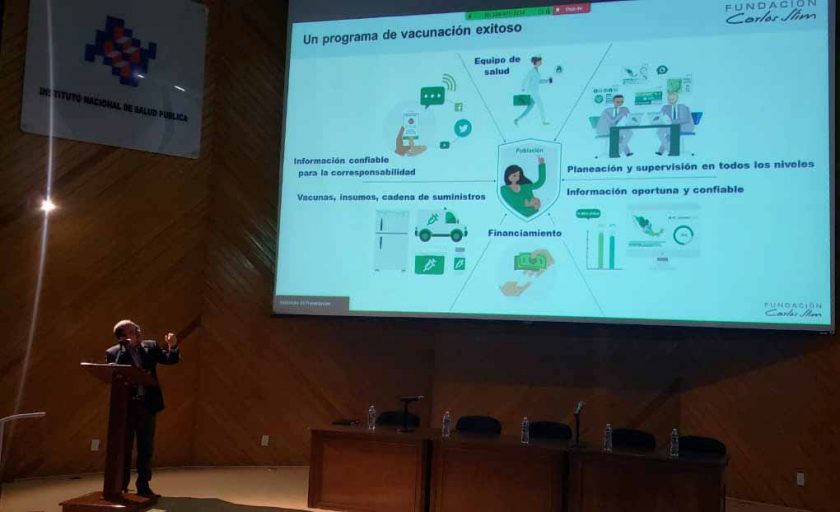
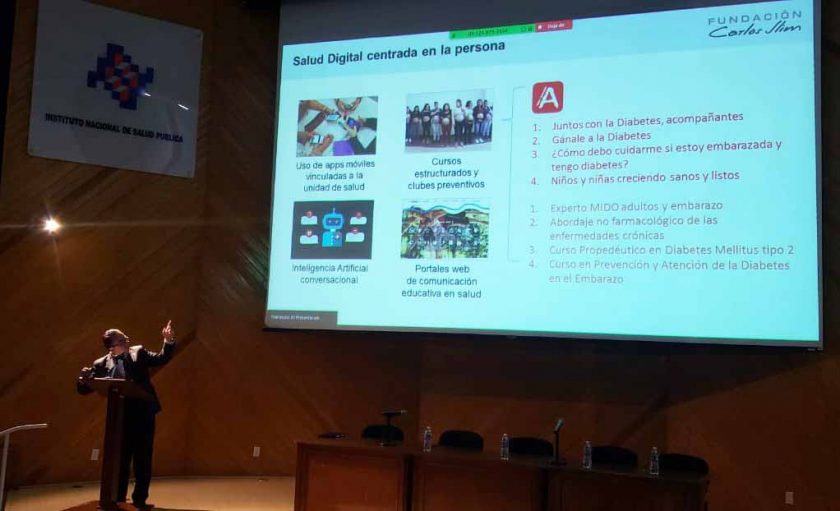
Asimismo, el doctor Héctor Gallardo, director de Soluciones Operativas de la Fundación, habló de la MIDO Digital Platform, que cuenta con algoritmos que automáticamente clasifican el estado de salud de una persona, y con ello brindar recomendaciones personalizadas.
Finally, Dr. Alejandra Montoya, pointed out that the use of digital platforms allows the design of personalized interventions, depending on their state of health, their personal and social context. Machine Learning, Artificial Intelligence and Big Data models applied to health are the basis for this new paradigm of Digital Health.
